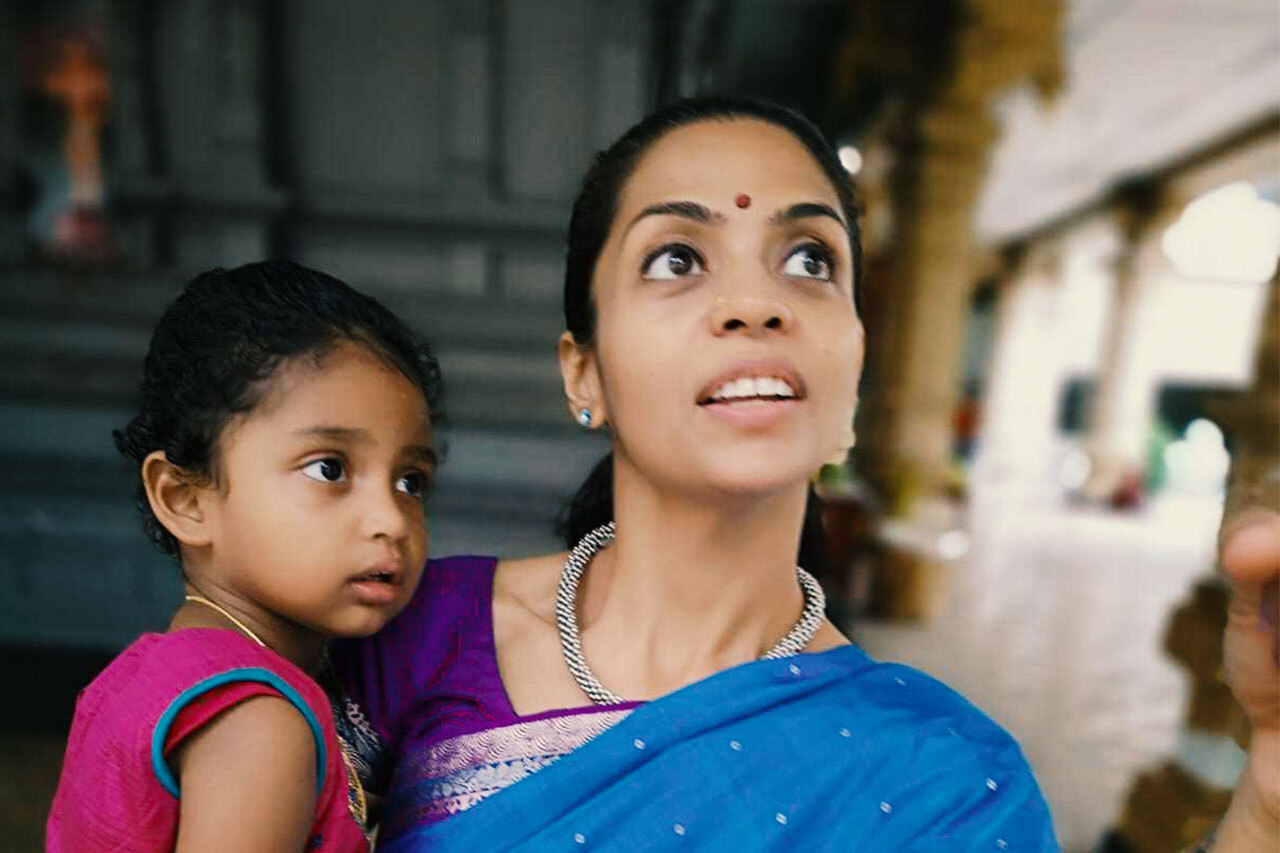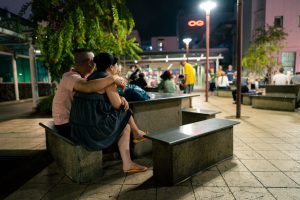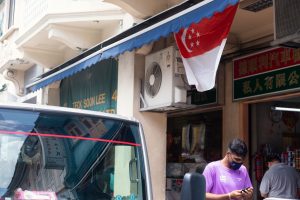Dear Sahana,
On July 10, we (your Appa and I) will cast our vote for the party of our choice, as Singapore’s 14th general election comes to a close.
ADVERTISEMENT
I don’t know how I’ll feel when I wake up on Saturday morning. I might be crestfallen, I might be ecstatic.
Whatever the outcome, I will be conscious that what I choose to do hereafter has ramifications for you, my family, and the larger Indian community.
You’re just three and a half years old, and you won’t understand these waves of emotion. You’ll swiftly bring me back to the present moment. To the insects for whom you’ve decided to build a home; to the song that must be sung, the story that must be read.
Whatever the outcome of this election, one thing doesn’t change: you’ll be watching us (your parents). You’ll be watching because right now, we’re your compass and the choices we make at this juncture will determine how you feel about your place in Singapore, and the world.
So, let me tell you what the past few weeks has awoken in me. One by one.
First, unlike me, you were born in this country. Already, our personal narratives diverge. I’m a child of immigrants who led an itinerant life. I migrated here at 13 and became a citizen at 21. When you bellow “I’m from Singapore!” I feel a strange ache that is bitter-sweet.
I want you to experience the sense of belonging I’ve never quite had. But I want you to remember that Singapore is made up of multitudes; that it has changed and will keep changing. It isn’t merely defined by official population census figures, or by arbitrary racial categorisation.
You’re from Singapore. But you’re also from India, Sri Lanka, and Malaysia. These threads, these stories, and your roots lie deep. Don’t let others convince you that citizenship and patriotism require you to disavow those roots, or that there is only one way to be Tamil and Singaporean.
I want you to be able to witness differences and celebrate the debates that arise when diversity isn’t merely acknowledged but is lived. I don’t want you to paint yourself into a corner that was given to you by the government of the day and your identity card.
I want you to come into adulthood in a Singapore in which no political party stokes nascent nationalistic sentiments by telling you that NRIs look down on you, or that migrant workers don’t have a place in this country.
That when we say “Singaporeans First”, we’re focused on who we’re excluding, not who we’re embracing and working with.
It doesn’t matter how anyone else tells the story. I hope you approach fellow Indian Singaporeans and the Asian diaspora living here, with a spirit of curiosity. I hope you have the compassion to hold space for their stories, and a sense of security and pride in sharing your own.
Second, I also hope no political party tells you that representation of Tamil politicians in Singapore’s Parliament is achieved when Indian professionals occupy nine seats and have the right surname. It isn’t.
Representation doesn’t mean, as we’ve been led to believe, that so long as Indians are in positions of power and make the community look good, we will all somehow benefit from it.
ADVERTISEMENT
You’re more than a statistic. A check in a box to ensure that the optics work in government.
Your community as a whole is more than the cursory speech made in Tamil—clear, garbled or unintelligible—to appease voters during election season, or to quell Tamil migrant workers who are aggrieved during a pandemic and frightened for their lives.
So don’t be flattered by the hastily-learned Tamil greetings or the sequin-studded sari and pottu that is worn during Deepavali and Tamil language week.
They need to speak to you. They need to speak for you. They need to pay closer attention to the complexities and struggles of ethnic minorities in Singapore. They need to stop casting blame, or castigating the community for expressing grievances.
Being cooperative is very different from being acquiescent. As a minority in this country, I hope you’ll always be able to tell the difference.
Third, I hope you’ll never have to internalise the stigma that has frequently been associated with our community.
There is a sanitised, polite version of being Indian and Tamil that is expected of you because this is how officially sanctioned harmony is achieved. You have your place, as part of the 9%, and you are reminded of it. Often.
But you can be more. Be authentic. If your authenticity means you’re vulnerable, then speak from a position of vulnerability and trust that someone will listen. Many Singaporeans will and you’ll form new, ever-expanding communities.
If you need to be impassioned and bold, then embody that.
Because a Tamil crowd that chants, bellows, and gathers during Thaipusam are a community that is steeped in ritual and celebrating tradition.
And a community that is aggrieved and expresses rage is more than a “walking time bomb.” It’s a community that is experiencing pain and ought to be heard, before that pain cascades and causes more harm.
Fourth, about Tamil. We’re just beginning to speak a smattering of it, you and I. I never learned to read and write sen Tamil. But I speak the language and use it with every Tamil Singaporean I meet.
Tamil Singaporeans and I joke about our respective patois (a blend of Chennai, Klang valley, and Singapore Tamil dancing together). We conspire loudly.
ADVERTISEMENT
When we part, these strangers and I, it’s always with a sense of intangible joy, at having met a fellow Tamilian and bantered, if only briefly, in a language we know and love.
This country’s official mother tongue policy determines that you will take Tamil as a second language in school. But what really counts, is what happens outside the classroom.
Don’t master the language in school and internalise some kind of shame about using it with your fellow Tamil Singaporeans. Speak it. Breathe it. Stumble along, discover its poetry, be inappropriate and apologetic. Walk through its syllabary and most of all, enjoy it.
Government officials haven’t demonstrated this in Parliament, or outside it. Don’t rely on them to tell you why Tamil is important. Turn to the poets, the lyricists, the orators.
But most of all, remember, that whatever the census tells you, to be Indian in Singapore is to speak many languages—Tamil, Malay, Mandarin; but also Punjabi, Malayalam and other Indic languages. You can embrace that pluralism.
Finally, Sahana, I hope that the politicians you one day vote into power understand that they can be held accountable.
The makkal of my generation may have accepted things with a sense of disappointment and frustration, but I believe the makkal of your generation will demand more, and demand it fearlessly.
And I intend on standing by you every step of the way.





